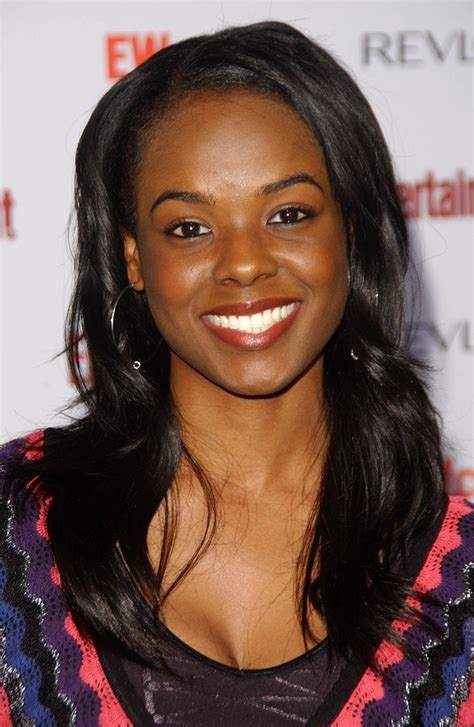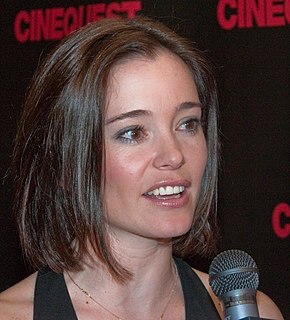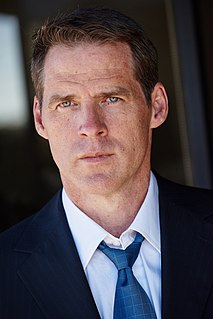A Quote by Kelly Sue DeConnick
'Pretty Deadly' is the story of these immortal and mortal characters, and the mortals' story follows Sarah's family, a black family, through the ages. I never made the choice of, 'Oh, this is gonna be the story of an African American family!'
Related Quotes
Every family has a story that it tells itself, that it passes on to the children and grandchildren. The story grows over the years, mutates, some parts are sharpened, others dropped, and there is often debate about what really happened. But even with these different sides of the same story, there is still agreement that this is the family story. And in the absence of other narratives, it becomes the flagpole that the family hangs its identity from.
He thought about the story his daughter was living and the role she was playing inside that story. He realized he hadn't provided a better role for his daughter. He hadn't mapped out a story for his family. And so his daughter had chosen another story, a story in which she was wanted, even if she was only being used. In the absence of a family story, she'd chosen a story in which there was risk and adventure, rebellion and independence.
The love story between the hero and the heroine has to be at the center of the book. I think that's pretty true in my books. I usually write a secondary love story, with maybe nontraditional characters. Sometimes I write older characters. I'm interested in female friendships, and family relationships. So I don't write the traditional romance, where you just have the hero and the heroine's love story. I like intertwining relationships.
There is a problem in America. An Irish or Polish American can write a story and it's an American story. When a Black American writes a story, it's called a Black story. I take exception to that. Every artist has articulated to his own experience. The problem is that some people do not see Blacks as Americans.
When I was a kid, I'd go to the African-American section in the bookstore, and I'd try and find African-American people I hadn't read before. So in that sense the category was useful to me. But it's not useful to me as I write. I don't sit down to write an African-American zombie story or an African-American story about elevators. I'm writing a story about elevators which happens to talk about race in different ways. Or I'm writing a zombie novel which doesn't have that much to do with being black in America. That novel is really about survival.






































